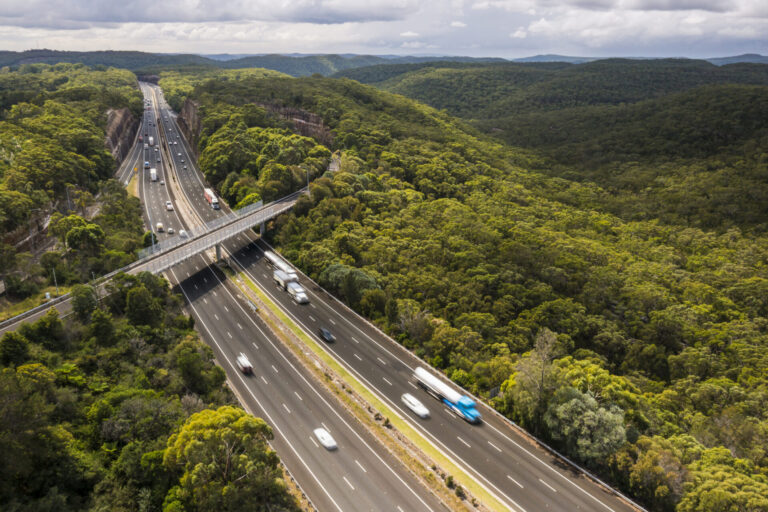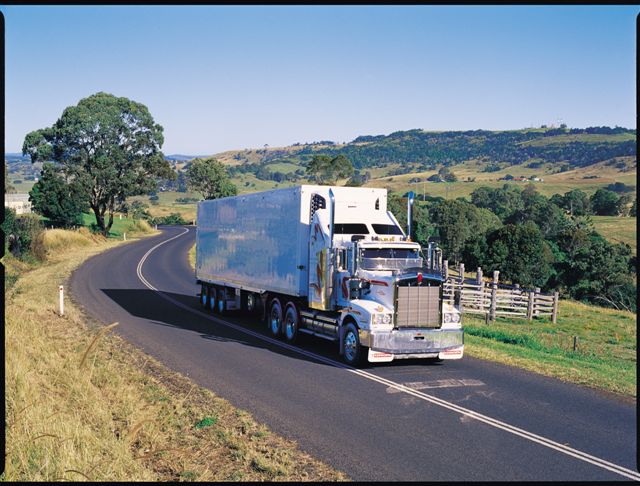NSW and South Australia have changed weight laws to allow heavy-duty electric trucks on their roads. At the same time, the Federal Government has altered restrictions on truck sizes to permit the use of battery-powered models imported from Europe.
After years of pressure from the industry, both states have changed weight restrictions on electric trucks to allow an extra tonne over the front axle in South Australia and an extra 1.5 tonnes in NSW, on a trial basis, with South Australia offering 12 months of use on prescribed roads and NSW allowing the change for two years.
In a practical sense, the changes will minimise the need for operators to sacrifice payload capacity if they want electric trucks with better range – a choice which would require heavier batteries.
The changes are designed to enable more operators invest in battery technology as the industry progressively moves towards the wider use of electric and other low emission vehicles. It is expected that in time, these and subsequent necessary changes in regulations will mean European sized electric powered trucks could be manufactured in Australia for the first time.
While NatRoad has welcomed the policy changes as a step forward but says a far wider and comprehensive set of policies needs to be developed in partnership with the industry to provide certainty and drive investment.
NatRoad CEO Warren Clark said that the new policy only applied in NSW and South Australia and should be extended. As well, the changes were put in place on a two-year trial basis, which would do little to encourage investment. They need to be made permanent.
Given the complexity and national scope of the road freight industry, the inevitable costs of an industry-wide transition to a low-emissions vehicles NatRoad believes these costs will need to be shared between industry, government, regulators, major customers, and other supply chain partners.
The reality is that with low profit margins and many small operators in regional areas, the industry cannot carry the costs of new equipment and technology on its own. This needs to be a shared effort.
The industry showed during COVID that it is an essential service critical to the nation’s supply chains – we literally kept the supermarkets in the major cities open when borders were closed.
NatRoad will take a leading role in this and work progressively with governments and regulators to ensure that restrictive policies are removed, and that new policies are practical and achievable.
It is crucial that governments and regulators take a constructive approach to new regulations and time frames so that we improve the industry not bring it down.
This decarbonisation effort is a shared opportunity to reset how the industry is regulated so that the new operating environment for the thousands of road freight businesses across the nation delivers efficiencies, productivity gains and better profits.
Major customers can also play a key role. Overseas experience shows that some major customers demanding their freight carriers shift to low-emissions vehicles have provided some assistance.
It would be the wrong outcome if we end up pushing many smaller operators out of the industry as they are the lifeblood of many communities across the nation.



